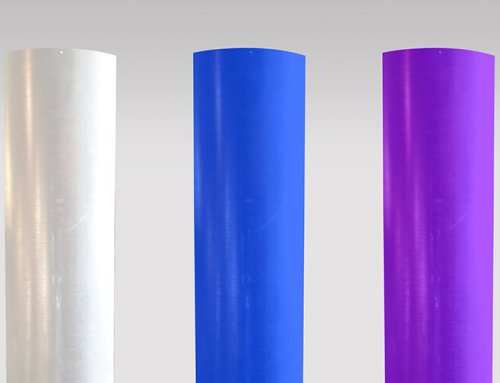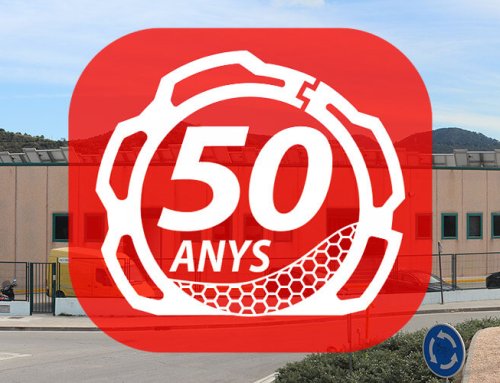The importance of the km0 Industry
The Km0 industry is a growing trend today, and it is no wonder. The data indicates that this form of sustainable and local production and consumption has multiple benefits for the environment, the economy and society in general.
According to a report by the Worldwatch Institute, items that are produced and consumed locally can reduce their carbon footprint. They reduce their carbon footprint from 4% to 6%. This is because Km0 products do not have to travel long distances to reach their final destination, which reduces greenhouse gas emissions associated with transportation. In addition, the production of Km0 products are often more sustainable, as they are manufactured with more ecological ethics.
According to a report by the Worldwatch Institute, items that are produced and consumed locally can reduce their carbon footprint. They reduce their carbon footprint from 4% to 6%. This is because Km0 products do not have to travel long distances to reach their final destination, which reduces greenhouse gas emissions associated with transportation. In addition, the production of Km0 products are often more sustainable, as they are manufactured with more ecological ethics.
Environmental and economic benefits
But the Km0 industry not only has environmental benefits. It is also an important economic engine for the regions. Sustainability in its social and labor aspects of local products stimulates local economic development. According to a study by the European Commission, the local economy benefits more from money spent on local products than from money spent on imported products. Each euro spent on local products can generate up to 2.6 times more wealth in the region than one euro spent on imported products. Furthermore, the production and consumption of Km0 can generate local employment and contribute to poverty reduction.
In short, the Km0 industry is a trend that has multiple benefits for society and the environment. The data indicates that local production and consumption can reduce the carbon footprint, improve the regional economy, generate employment and generate wealth. For all this, it is important to encourage and promote the Km0 industry as a viable and sustainable alternative to long-distance production and consumption.
For our part, we are committed to the Km0 Industry in the manufacturing of metal products, creating returns with a proximity circular economy.






